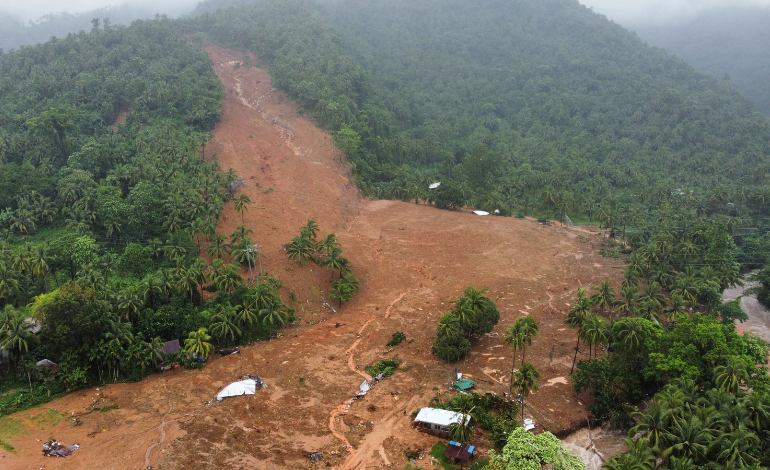Papua New Guinea has faced significant challenges in recent years due to its vulnerability to natural disasters, such as floods and landslides, which have repeatedly exposed the limitations of its infrastructure. The country’s rugged terrain and remote locations, combined with a lack of resources, have historically made it difficult to build and maintain infrastructure that can withstand such events. The recent disasters have not only caused tragic loss of life and destruction of property but have also severely disrupted economic activities, cutting off access to markets, schools, and healthcare services in many regions. For instance, entire communities in the highland provinces have been buried under mud, and key transportation routes have been obliterated, isolating entire regions and complicating disaster response efforts.
In light of these recurring disasters, the government of Papua New Guinea, with substantial support from international partners like Australia, is focusing on the urgent need to enhance the resilience of its infrastructure. This involves not only rebuilding what has been lost but also constructing roads, bridges, public buildings, and utilities that are more robust and capable of withstanding future calamities. The Australian government’s recent approval of a A$600 million loan to Papua New Guinea underscores the critical importance of this mission. This loan, which follows previous financial assistance, is part of a broader strategy to stabilize Papua New Guinea’s economy and support long-term development efforts, including infrastructure projects that are essential for sustainable growth.
For Australian businesses, this situation presents considerable opportunities. Companies with expertise in construction, civil engineering, and disaster risk management are well-positioned to contribute to Papua New Guinea’s infrastructure development. The demand for resilient infrastructure aligns perfectly with the capabilities of many Australian firms that have experience operating in similarly challenging environments across the Asia-Pacific region. The focus on resilience means that these projects will not only involve traditional construction but also the integration of modern technology and best practices in disaster management. This could include the use of advanced materials, innovative engineering solutions, and sustainable practices that anticipate and mitigate future risks.
Furthermore, as these infrastructure projects are supported by international funding and backed by strong political will, there is a high likelihood that they will progress steadily, offering sustained opportunities for involvement. Australian companies interested in these projects should consider the potential benefits of forming partnerships with local PNG firms. Such collaborations can be instrumental in ensuring that projects are not only technically sound but also culturally and logistically appropriate for the local context. Engaging with local stakeholders, including government agencies and community leaders, will be crucial for navigating the regulatory environment and securing the necessary approvals and support.
With ongoing support from the Papua New Guinea government and international partners, the opportunities for meaningful and impactful engagement in this sector are both significant and promising.



